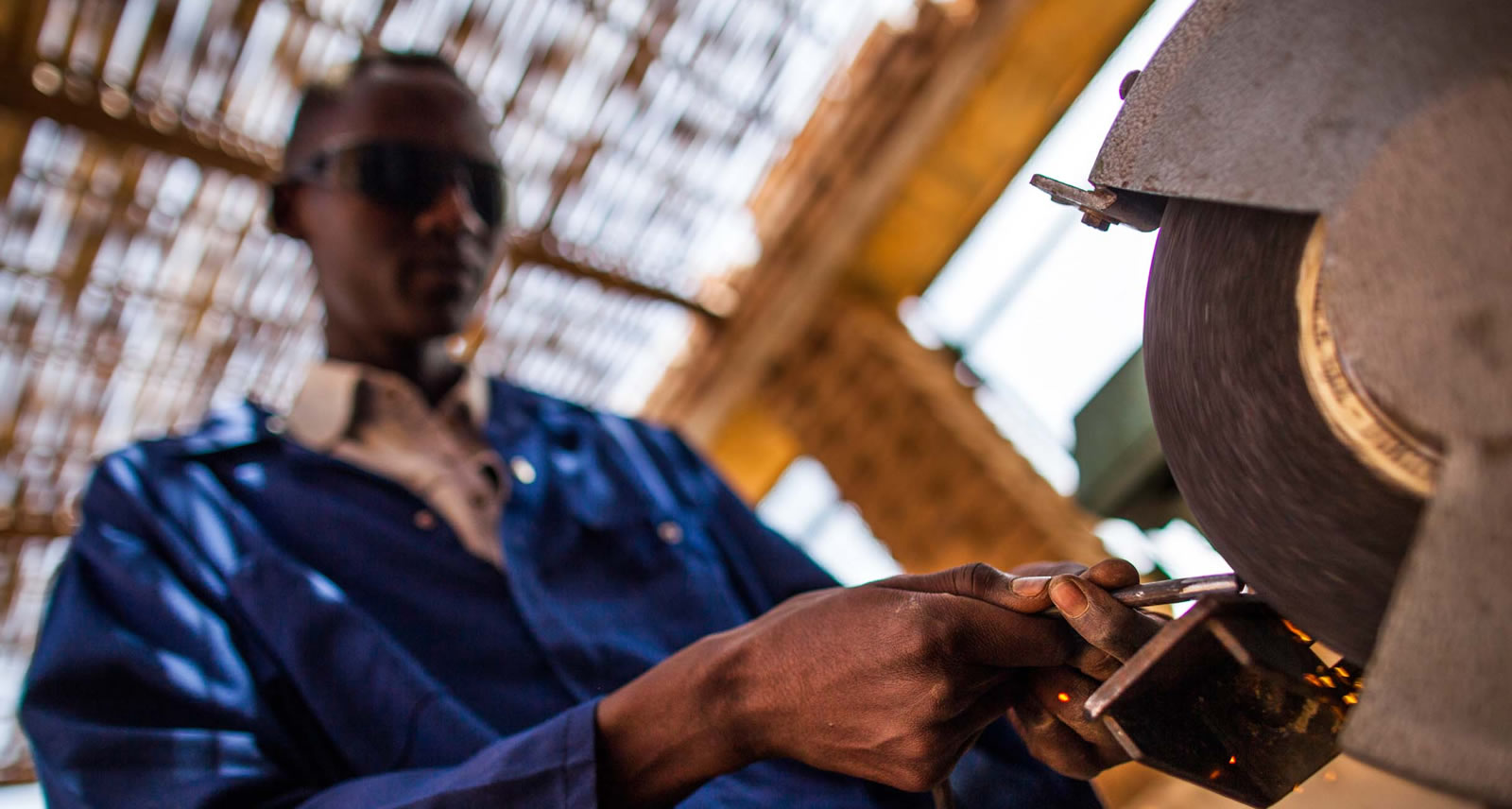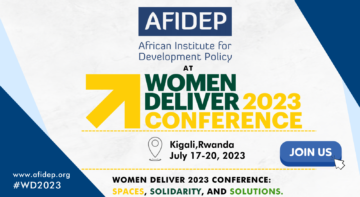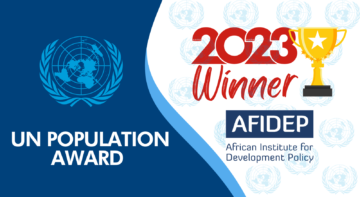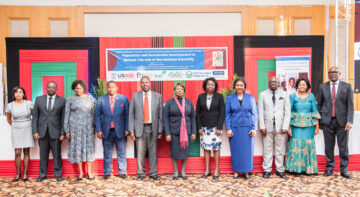News

I recently participated in an uplifting event on how to transform higher education so that those who emerge from the experience will contribute to Kenya’s demographic dividend.
Readers of this column will have read my recent article on this optimistic scenario, in which young Kenyans will have developed the appropriate skills and attitudes to fill the jobs that will be available.
They may also remember the article I wrote on what KCA University calls its “ideal graduate”, someone who has figured out how to think clearly, solve problems and make decisions, communicate effectively, influence and motivate others, negotiate, lead and follow as well as work well with others.
So today let me concentrate on other elements of the event, which was organised by the African Institute of Development Policy (AFIDEP, where let me confess that I am a director) and USIU-Africa.
Lots of time during this “Science Café” was spent reviewing the well-known challenges in our universities, many caused by the over-rapid growth of these institutions, with campuses springing up everywhere and faculty, often under-qualified, stretched to great extremes.
Just as worrying is that many operate as mere lecturers “ in the narrow I-speak-you-listen sense “ and not as active engaged stimulators of deep learning or generators of original and useful knowledge.
At the other end of the spectrum, by 2018 all university faculty members must be holders of PhDs “ which I for one believe swings the academic pendulum too far in the opposite direction.
The recent advertisement calling for applications for chairs of public universities also stipulated that candidates for this would also need PhDs, again for me a strange requirement.
Anyway, given that it takes up to 10 years to acquire a doctorate, how are we going to meet such an ambitious, and according to me unnecessary, target?
There was much talk that morning about the need to shake up our curricula as well as our styles of teaching and learning, and professors from USIU-A described how all their students must go through a general programme that develops the soft skills, and that in order to be exposed to the needs of the society around them they must undertake 120 hours of community service and are encouraged to join clubs.
Well done USIU-A, and as a long-time supporter of AIESEC “ the global association that brings together students of economics and business “ I know from my own AIESEC experiences as an undergraduate what a powerful stimulator of growth such clubs can be.
Other contributors to the Science Café reminded those present that for internships to be worthwhile students must go beyond acting as clerks and messengers, and my advice to universities is to manage project teams of interns, and that these should be expected to add serious value to the organisations where they spend time.
Like other universities “ KCA and Strathmore come readily to mind among the private ones “ USIU-A has been building strong linkages with government, industry, civil society and other academic institutions, energetically bursting out of the ivory tower, a consequence of which is that learning becomes much more practical and relevant.
USIU-A assesses its curricula annually, and every five years there’s a review, informed by industry, of both the programmes and their outcomes.
A very encouraging contribution came from the deputy director of TVET (Technical and Vocational Education and Training) at the Ministry of Education, Science and Technology.
For far too long such capacity building has been neglected in this country, thanks to our focus on primary and secondary education and our more recent obsession with degrees and turning colleges into universities.
But now at last TVET has become a fully-fledged department in the ministry, with its own PS, and the results are beginning to show.
A serious legal framework has been put in place, with a TVET Authority to oversee quality, a Curriculum Development, Assessment and Certification Council to ensure the proper competency-based training occurs “ with industry involvement; and a National Qualifications Authority, based on best practice from countries that include the UK and Germany, South Africa and Australia.
The new approach, so refreshing, includes focus on both soft skills and the living of healthy values. It will emphasise outcomes over processes, and it will be demand rather than supply driven. We can’t ask for better than that.
Not to mention that no more technical colleges will be made into universities, and that many more are being and will be constructed around the country, down to the ward level.
To be a TVET trainer you now need a licence from the authority (with trained evaluators and monitors from industry), and best of all the trainers themselves will benefit from industrial attachments.
However, as one contributor to our meeting pointed out, we must find ways of attracting more students to take TVET courses. For despite the extraordinary shortage of those with TVET qualifications, the programmes are not that popular with students.
The reason is not hard to find, in this day and age when everyone wants to be a university graduate, and where “mere” technical certifications are of lower status.
Interestingly, while this is absolutely not the case in Germany it is in the UK, as a result of which the country is being serviced by large numbers of technicians and artisans from central and eastern Europe and elsewhere.
Many involved in higher education in Kenya continue to do what they have always done and continue to get what they have always got “ sub-standard graduates who find it impossible to get jobs “ despite the great shortage of talent among employers “ and are even less suited to generating their own.
But there are many exciting developments in this country too, bright spots, including in the public sector.
The challenge now, as we saw that morning, is to bring more of the good initiatives together, to share and learn from one another, to synergise and to go to scale, so that our demographic profile delivers dividends and not a disaster.
mike.eldon@depotkenya.org
This article was originally posed on Business Daily
Related Posts





